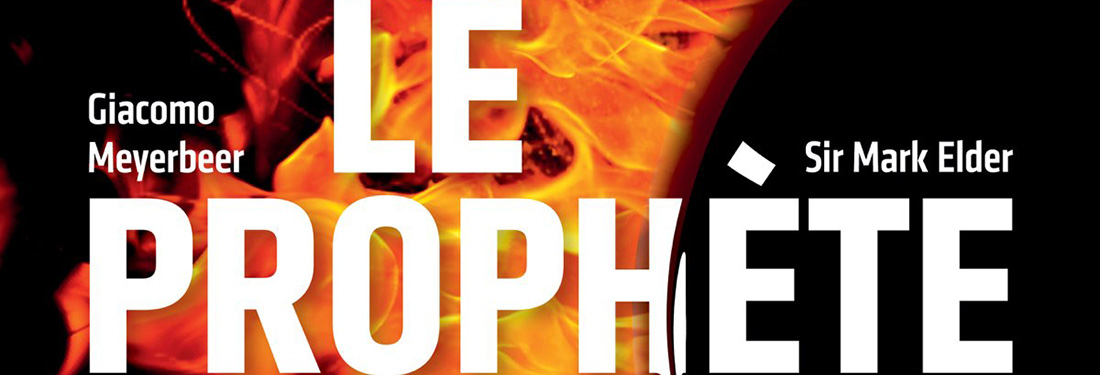
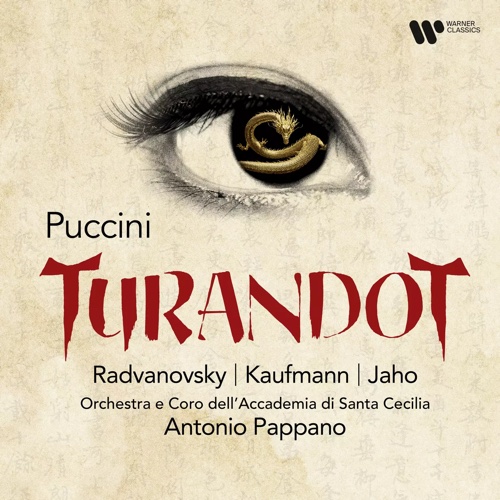
I attended my first staged opera performance shortly thereafter of Turandot at the San Francisco Opera in 1982 with a very strong cast. Linda Kelm, Barbara Daniels, Nicola Martinucci, and (wait for it) Eddie Albert from TV’s Green Acres as the Emperor Altoum. Myung-Whun Chung conducted a production that, lo these many years later, is still roaming the earth.
I thought it was magic. I knew nothing. I saw the same sets and costumes in Baltimore a decade later and I was embarrassed at how “bus-and-truck” the whole thing looked. They actually revived it at Chicago Lyric right before the pandemic(!)
I got interested in opera backwards: first by looking at pictures and reading books on the history and stagecraft before I finally made the jump to listening to recordings. Los Angeles didn’t have an opera company until I was in my 20’s so records and the radio broadcasts from the Met were my only sustenance. I knew no one who liked opera so the library was my best friend (it always has been).
Later that same year I read about a concert performance at the Barbican in London with Sylvia Sass and Franco Bonisolli that was touted as including the “original” finale written by Franco Alfano and I was duly intrigued. I mean I knew that Alfano had finished the opera after Puccini’s death but I had no idea what that really meant logistically. Apparently the producers of the concert managed to unearth the original finale, referred to as Alfano I by musicologists, from the sepulchre of the Casa Ricordi publishing house in Milan just for the occasion.
Not too long after I discovered the series of Opera Guides from the English National & Royal Operas and no. 27 was focused on Giacomo Puccini’s final work. In it was a very interesting essay by Jurgen Maehder that went into great detail about the amalgam that was the final duet and last scene of the opera.
Alfano was charged with finishing the opera from Puccini’s sketches at the bequest of Arturo Toscanini, Ricordi and the Puccini family. It was a thankless job and RIcordi didn’t even allow Alfano to see the orchestrations for the rest of the opera until his first draft had been completed.
Toscanini despised the finished product and slashed over one hundred measures from the final version, which amounted to 14 pages of music in the already printed piano-vocal scores, prior to the first performance at La Scala on April 25th, 1926.
He shortened the “kiss” motif by half, cleaned up what he perceived as rhythmic imbalances throughout, but most especially in Calaf’s arioso of revelation, excised a deliciously crunchy trumpet fanfare and female chorus during the change of scene, and deleted the loving couples’ final clarion phrases that skyrocket out over the chorus at the ultimo.
Toscanini conducted the prima minus the Alfano finale, ending at the funeral cortege for Liu, and never conducted the opera again. Yet many of Turandot’s initial performances, most especially the ones in Germany because of those already printed scores, did use Alfano I and two early soprano interpreters, Anne Roselle and Lotte Lehmann, even recorded Alfano’s version of Turandot’s last act aria, “Del primo pianto”.
Christopher Keene at the New York City Opera made something of a specialty of it (there’s a white-hot bootleg of Kelm with Jon Frederic West from 1985) but few of the critics at the time embraced it. I didn’t get to hear it myself until 1990 when John Mauceri included it on a Decca CD of “Opera Finales” that featured Josephine Barstow partnered with Lando Bartolini in the Puccini. It was a revelation and I had always assumed it would just be a matter of minutes before the major opera and recording companies would adopt it as the standard.
The simple fact is that Toscanini’s chop-job revision is simply too many cooks in the kitchen and although he did restore one piece of music in Puccini’s hand, which is the lead up to Calaf’s name reveal, Alfano’s version on the whole has a musical integrity and pacing that’s missing from the redacted Alfano II.
Don’t even get me started on the lazy sopranos who’ve made careers singing the title role but cutting “Del primo pianto” (yes Birgit and Ghena I’m looking at you) rendering the finale a mockery of Puccini’s intentions of his icy princess transformed by love.
When RCA took Eva Marton into the studio for her second recorded Turandot alongside Ben Heppner I thought surely the Alfano I was the impetus but I was wrong. Frankly after that I gave up hope. Yet now here I am, a mere forty years later, with my superior musical aesthetics finally vindicated… sorta. That didn’t take long now did it?
So with much laying on of trumpets (because they get extra work in this version) Warner Classics has released a new studio recording of Turandot with the forces of the Orchestra dell”Accademia Nazionale di Santa Cecilia conducted by Antonio Pappano featuring the complete Alfano finale as its conclusion.
Pappano writes a very nice essay in the enclosed booklet about how he had purposely avoided conducting Turandot in the theater because of the story’s “lack of sophistication” but speaks of the influence Debussy, Strauss, Bartok, and Stravinsky, had on Puccini’s music-writing.
Interestingly, though he does talk about Puccini’s wholly organic use of bitonality, he doesn’t bring a post-Stravinskian ear to his conducting here like some of his colleagues do. He’s not selling Claude or Igor. He dives wholeheartedly into the post 19th-century Italian romantic musical tradition and barely comes up for air two hours later.
He does some wonderful things with the orchestra. From the fearsome blat of the horns in the opening chords building throughout Act I to a massive climax. Puccini was great with a first act finale and how many times have I marveled at its construction? First with Liu, and then Calaf’s arias building to the addition of Timur and the three masks and then finally the chorus. Pappano takes a sudden and terrific accelerando in the few measures right before Calaf strikes the gong and it gave me chills.
It’s an opera that’s flush full of orchestral detail and never more than in the first scene of Act II which is Puccini at his absolute peak as a composer-orchestrator. Pappano brings out the best in his trio; Mattia Oliveri, Gregory Bonfatt, and Siyabonga Maqungo as Ping, Pang, and Pong. Their singing is supple, full of contrast, and dramatically alert. We’ve certainly had starrier trios on recordings but I don’t think any more homogenous than here.
The other thing that’s very interesting about this recording is the acoustic of the venue which was the Parco della Musica, Rome. Because of Covid protocols the Coro e Voci Bianche dell’Accademia Nazionale di Santa Cecilia were placed in the gallery above the concert hall stage with distance requirements enforced while the soloists were lined up against the back wall on the stage below. I’m sure it was a logistical nightmare for the sound engineers but they certainly rose to the challenge.
You can feel the expansiveness, and the breathing room, it gives the singers and the music. You can actually hear individual voices in the chorus. Plus the timpani don’t end up overpowering everything like it sometimes does in this opera for one reason (over-eager engineers)or another (over-eager conductors).
Interestingly enough we do get a movie star cameo from tenor Michael Spyres as the Emperor Altoum and he puts on a “voice” for the part so it’s more an acting challenge than a vocal one.
Bass Michele Pertusi sounds suitably venerable as the old king Timur. His little arietta over Liu in the last act trying to wake her at dawn is sung gently and his final outburst is moving. The choral work that follows in the funeral cortege is the best I think I’ve ever heard it.
I was apprehensive about hearing Ermonela Jaho as Liu. I’m an enormous fan of her work and have admired her on these pages a number of times now. Her recent recital CD on the Opera Rara label; Anima Rara, which was an homage to Rosina Storchio, found the singer either in indifferent voice or with a recording team that couldn’t do her justice.
I needn’t have worried. Liu is a specialty part for Jaho and she brings a plaintive, quiet quality to the role that’s purposeful in this company. It’s not an opulent voice but here she sings with a purity of tone and a precision that verges on breathtaking. Never too much and never too little, and heart-wrenchingly fragile in her double aria finale.
Jonas Kaufmann finally gives us his Principe Ignoto and I’m happy to report it was worth the wait. He’s a teutonic, not a latin, Prince and he’s ever-mindful and inventive with his dynamics which is the great part of his art. In Act I his, “Non piangere, Liu”, is caressing and sotto voce before he turns ringing in the final phrases. At his best he reminds me of Jon Vickers‘ leonine sound.
But I won’t lie and say I don’t wish he’d been captured in this part a decade earlier. He’s burnished with age but hardly brazen with youth. Nonetheless his phrasing is exemplary throughout. Appropriately he gives the Tenor’s National Anthem in the last act everything he’s got. He does his best to make a character out of Calaf rather than just showboating how loudly he can sing the part. Not only commendable but unusual considering his many predecessors.
Now when it comes to the title role, as the saying goes, many are called but few are chosen. There are sopranos who’ve made careers singing little else, not unlike Mozart’s Queen of the Night. The demand is so great for anyone with the facility to just be able to get through it onstage. But there’s an enormous difference between being able to sing “at” something and really interpret. The brutality in the role shouldn’t necessarily be part of its vocalism. Yet all too often we get sopranos shouting the part down like it’s an Italian hog-calling competition.
Frankly I thought Sondra Radvanovsky had reached her pinnacle with her Norma but I was apparently mistaken. I’m happy to say her Turandot is completely next-level. She lavishes so much attention on the text while simultaneously blowing a hole clean through all the challenging vocal bits. Her support is so solid she’s not even reaching on her first ascension to the B in “Quel grido…!”
She continues throughout with some of the most sumptuous vocalism I can recall hearing in this part. I don’t want to use the term “easy” but there’s an ease to the sheer amplitude of her singing here that’s very exciting. Still it’s her word-pointing, coloring, and phrasing of the text that makes her interpretation absolutely unique and extraordinary.
The “Dal primo pianto” is the psychological icing on her whole performance which is as it was intended. By the time the prince reveals his name (my favorite part of the Alfano and it’s all his) and she sings, “Odi! Squillan le trombe!” Then Sondra and Jonas get to the part where it’s “Anything you can sing I can sing louder” and after a minute I was waiting for the oxygen mask above my couch to deploy.
The two trumpet fanfares, the off-stage ladies chorus during the set change, and then the two of them firing off altissimi over the final chorus like it’s Fourth of July. I think I need a post-coital cigarette and I don’t even smoke.
Ok. So the bad news. No pipe organ appears in the finale of Act II. Apparently there wasn’t one in the building but I’ve only heard a few recordings that even use it and it’s difficult to capture anyhow over the din. When you’re in the theater though and the floor starts to move it’s something, let me tell you.
Maestro Pappano closes his liner notes saying that he will be conducting Turandot at Covent Garden very soon and I’m betting he’ll be using Alfano I. LA Opera just announced next season and Turandot is on our roster. I hope James Conlon is listening in. We hosted the American premiere of the Luciano Berio finale back in 2002 so it would be a nice apology for that mess.
Warner Classics gives us all of Act I & II on the first disc and Act III on the second with cue tracks galore obviously chosen by someone who loves the work. There’s one half-way through “In questa reggia” on the sexiest phrase in the whole opera, “O Principi, che a lunghe carovane”. So it’s great to say goodbye to the days where there was a changeover right before her big entrance. Who remembers the first pressing of the DG Karajan that they put on three discs (!?!?) at three disc prices, no less.
Because of the edition used for this recording and its magnificent cast it is literally in a class by itself and I simply cannot recommend it highly enough.
Odi! Squillan le trombe! indeed.
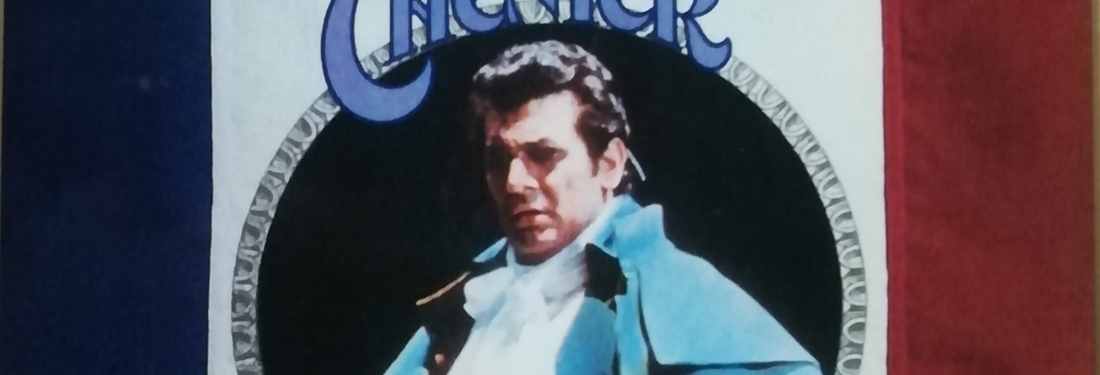
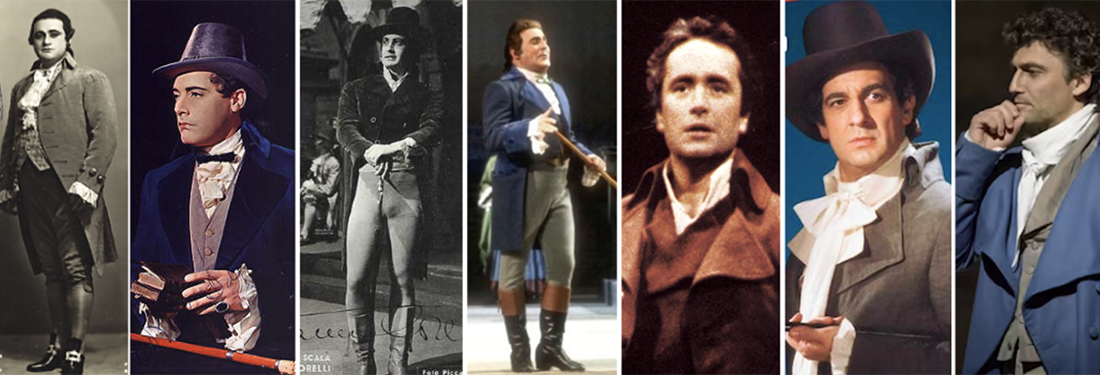
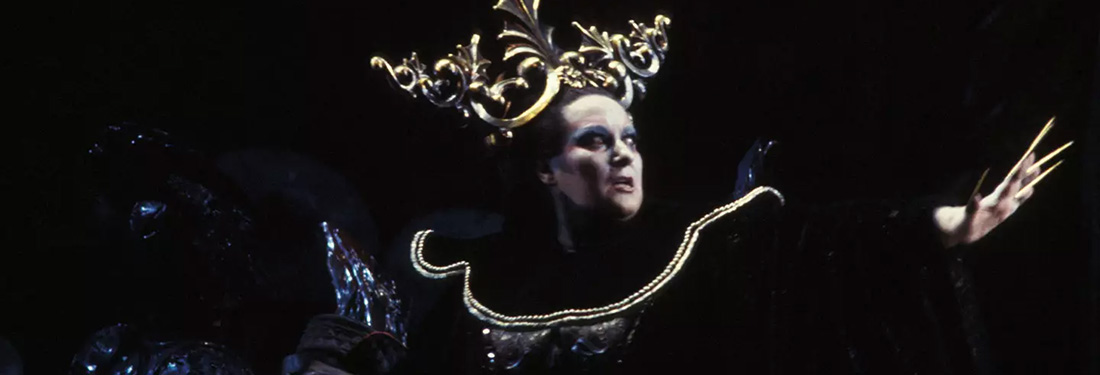
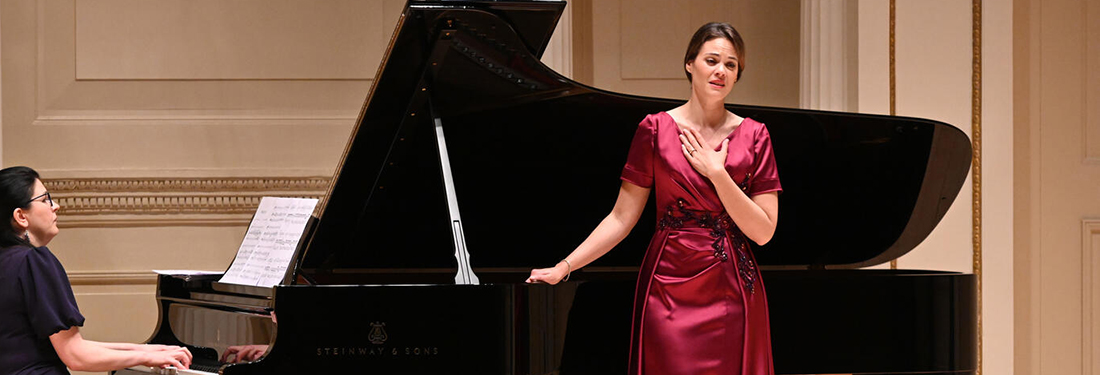
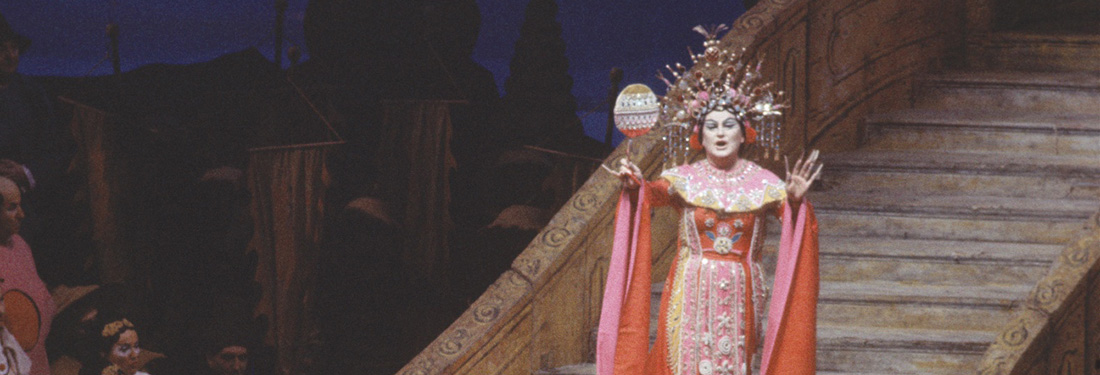
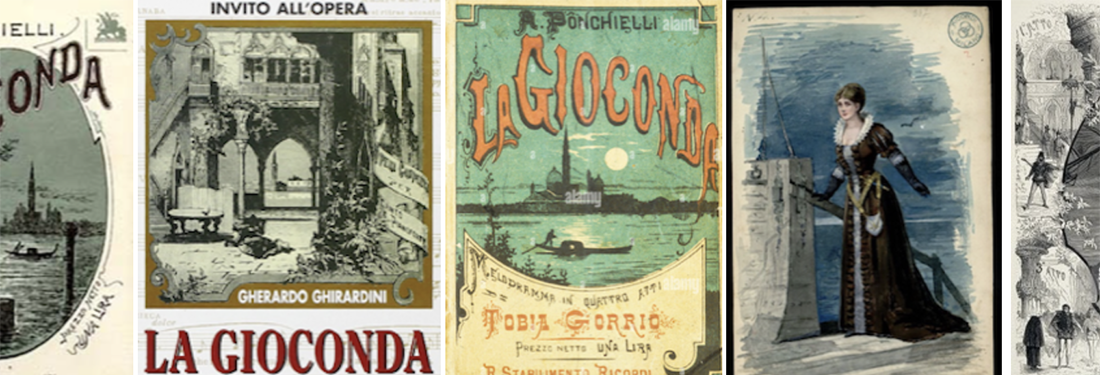
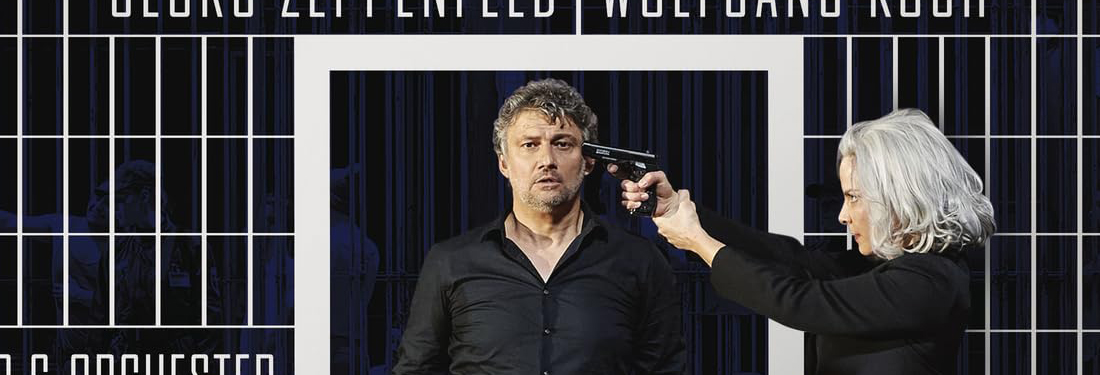
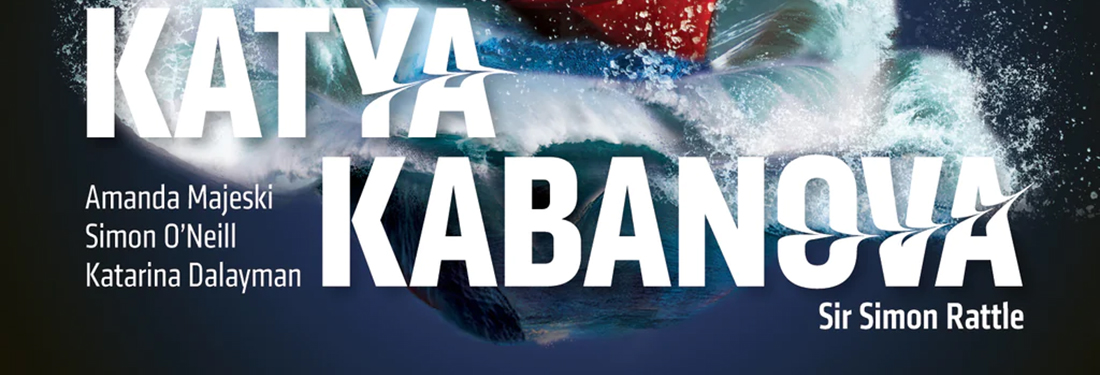
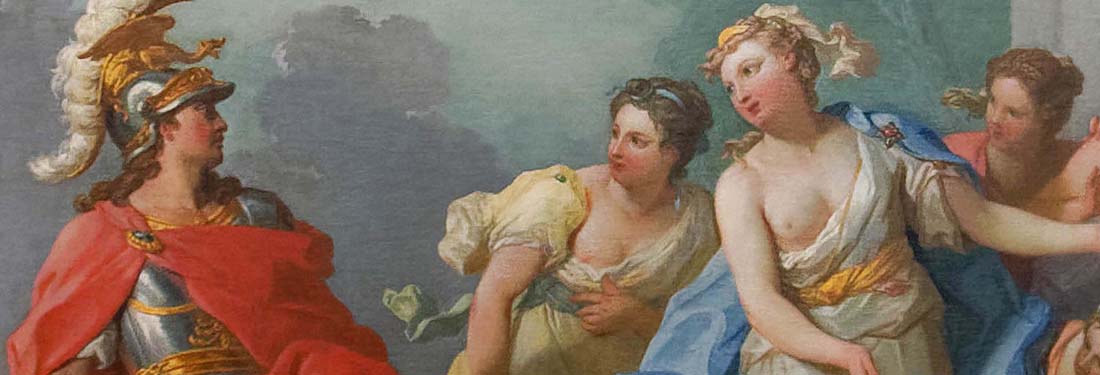
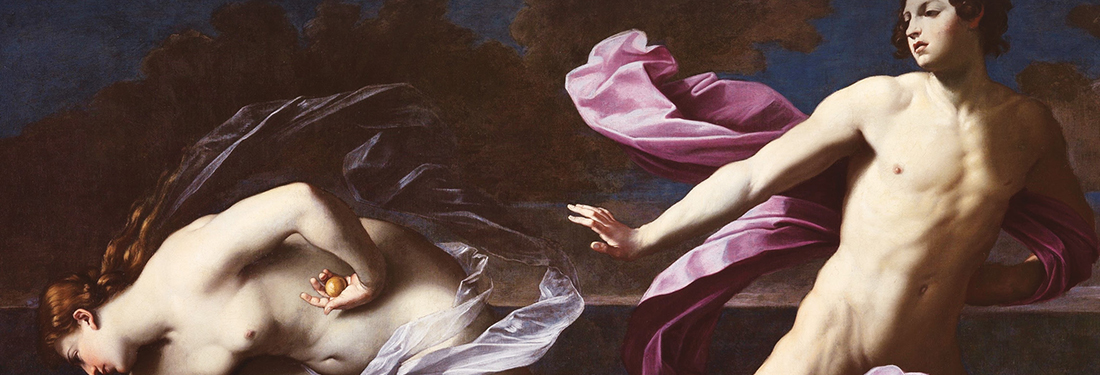
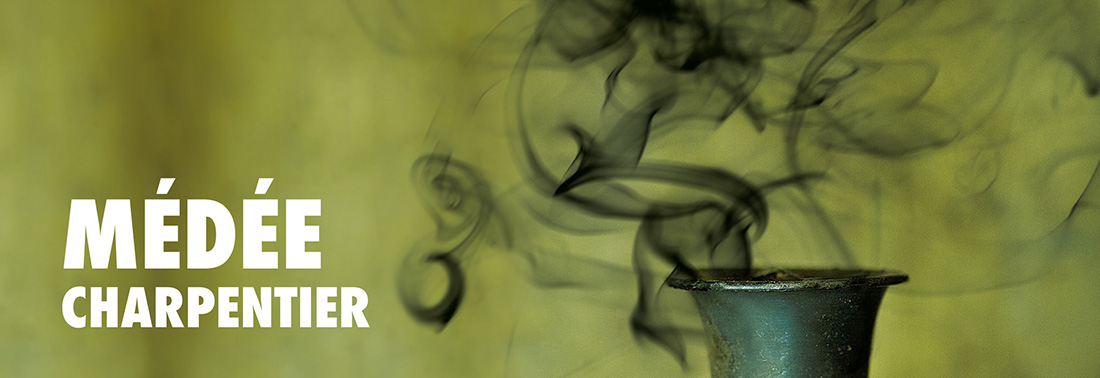
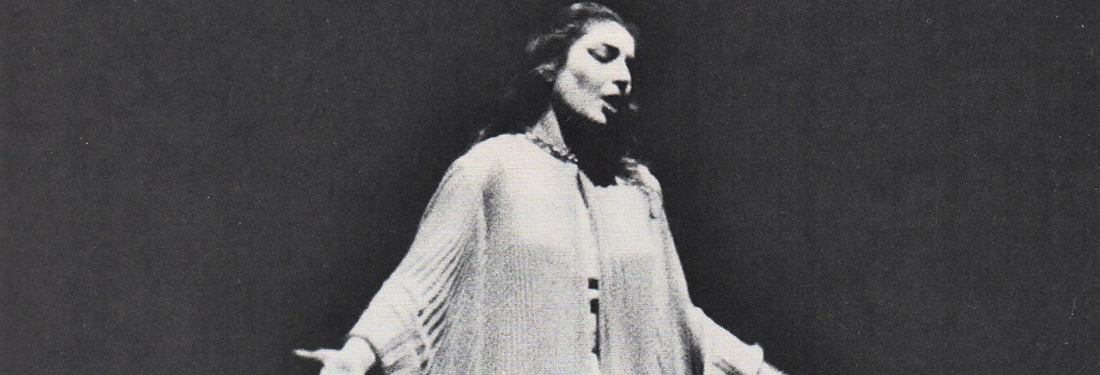
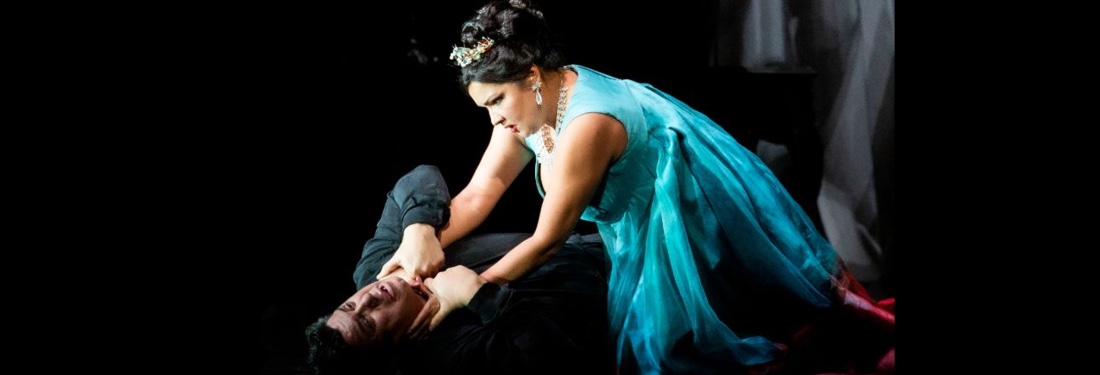







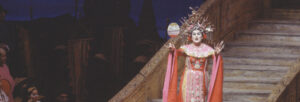
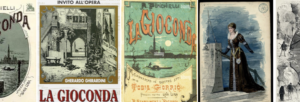



Comments